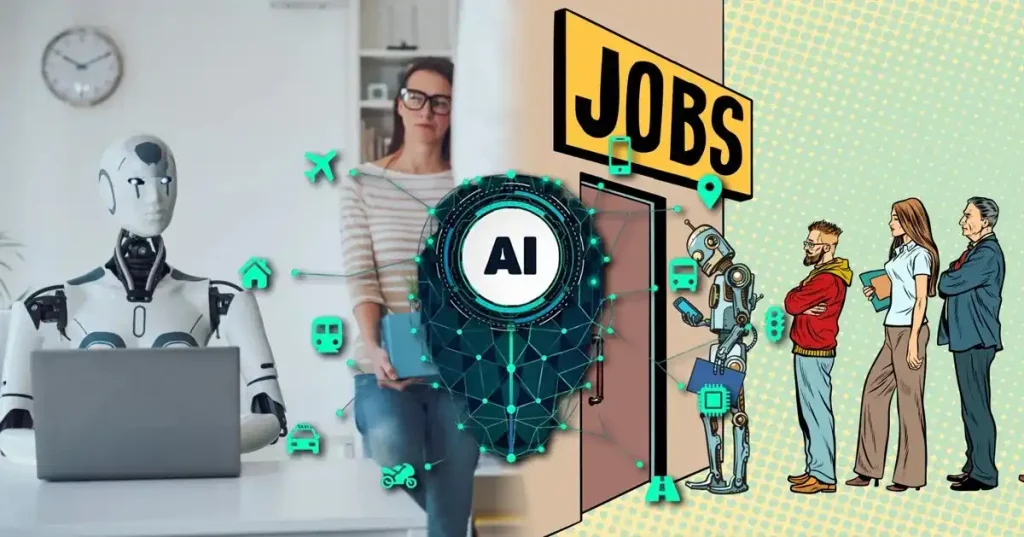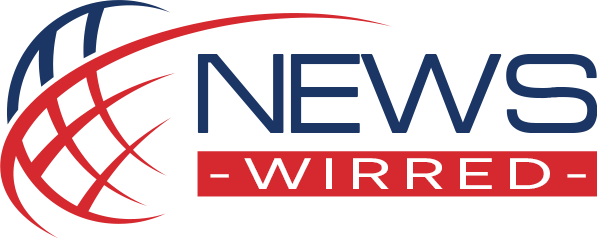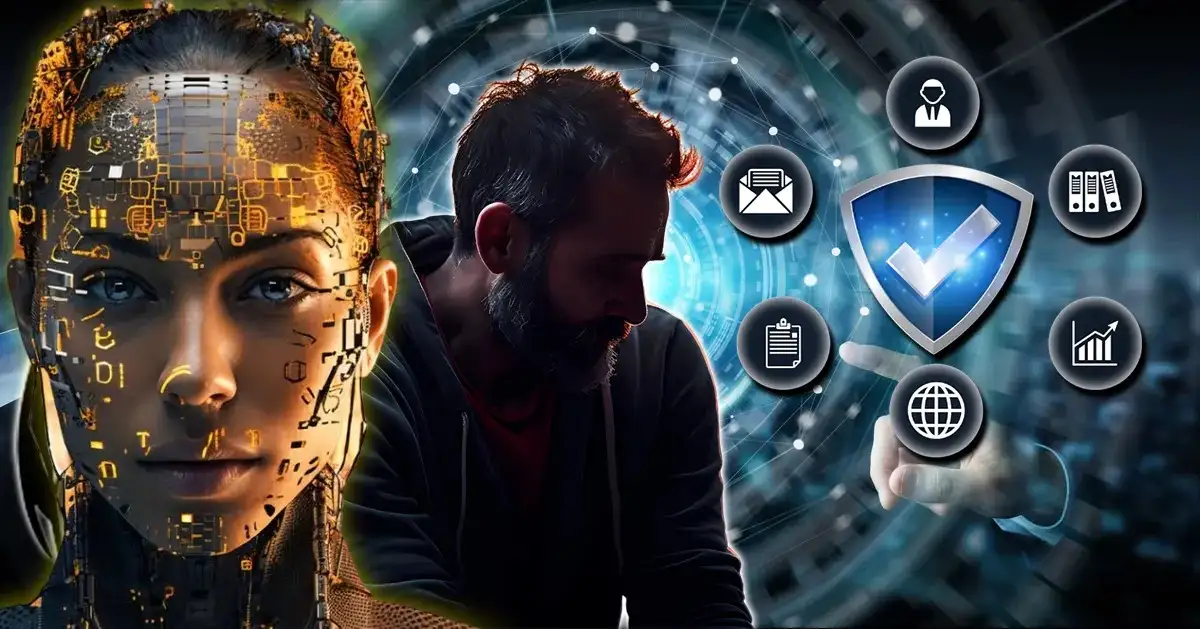What jobs will AI replace, and which are safe?
Artificial intelligence is no longer a future threat; it’s a present force. From offices to factories, AI is changing how work gets done. But behind the promises of efficiency, there is an emerging and deeper question regarding which jobs are being replaced, and which ones are truly safe?
Jobs Already Under Attack
AI is not just automating tasks; it’s eliminating entire roles.
According to Goldman Sachs, “AI could impact 300 million jobs globally”.
Similarly, the World Economic Forum’s Future of Jobs Report 2025 adds: “85 million jobs may be displaced by 2025, while 97 million new roles could emerge”.
However, not all the most vulnerable jobs are those that follow a script. If a task is repetitive, rule-based, and doesn’t need human judgment, AI is likely taking it over. Based on this criterion, the following jobs are already at risk.
- Data entry clerks: The speed of robots in reading and sorting documents is too high compared to that of human beings.
- Customer service agents: Humans get tired while Chatbots don’t; they can easily handle basic queries 24/7 without any rest.
- Insurance appraisers and credit analysts: Algorithms are too quick in assessing calculated risk as compared to human beings.
- Factory workers: With accurate guidelines, robots assemble products with more accuracy compared to humans.
- Administrative assistants: Robots can assist in scheduling and automation, including tasks such as email management and report generation.
Kodexo Labs confirms: “AI will replace jobs in data entry, basic customer service, insurance appraisal, credit analysis, and factory operations by the end of 2025”.

Jobs That AI Can’t Replace—Yet
Some jobs are still safe, not because AI isn’t trying, but because it simply can’t do what humans do.
Marc Cenedella, founder of Ladders Inc., explains: “The jobs least likely to be automated are the ones that require judgment or taste”.
Roles that are considered still safe include:
- Doctors and nurses: Empathy, trust, and hands-on care are solely human features and can’t be coded by a robot.
- Teachers and coaches: AI can’t inspire or guide like a human because of a lack of emotions.
- Firefighters and rescue workers: Physical danger and quick decisions keep robots out because they can’t feel self-damage as quickly as humans
- Electricians and plumbers: Real-world problem-solving still needs human hands, and we can’t hand them over pre-fed robotic instructions.
- Therapists: Emotional support and deep listening will definitely remain human territory.
- Lawyers: Although robots can assist with simple mathematical judgments, they cannot replace lawyers for those involving emotional aspects.
Andrew Gadomski, managing director at Aspen Analytics, notes: “To walk into a courtroom and have a defendant, you need to be an attorney. You need to pass the bar and be licensed”.
Even in medicine, AI faces limits. Gadomski adds: “Insurance companies may feel more comfortable providing payments for nurse practitioners and physicians, but may not feel as comfortable doing robotics or certain types of surgery enabled by AI”.
Jobs That Are Changing, Not Disappearing
AI is a tool, not a replacement, for many. According to Forbes reports:
“AI can surface patterns, but analysts provide the human judgment to connect numbers with customer behaviour and business context”.
Similarly, HubSpot’s 2025 report shows: “64% of marketers are already using AI in their current role, and 91% agreed that teams at their company use AI to assist them in their jobs. 75% report their company’s AI investment has returned a somewhat or very positive ROI.”
Let’s have a closer look at the roles that are changing, but AI can’t take over them entirely because they still need human assistance:
- Sales teams: AI finds leads and analyzes calls, but it can’t close the deals because it depends on how precisely you target the user pain points.
- Writers and designers: AI drafts content, but humans shape the message because AI, which lacks a human mind and emotions, can’t understand what can trigger a human best.
- Marketing analysts: AI reveals patterns, but humans determine their meaning and the desired outcome.
The Harshest Warning Yet
Dr Roman Yampolskiy, professor of computer science, offers a grim forecast: “AI will take over 99% of jobs in the next five years… There is no plan B. You cannot retrain”.
He warns that even jobs created by AI, like prompt engineering, are already being automated. “AI is way better at designing prompts for other AIs than any human”.
Yampolskiy predicts unemployment could reach 99%, with humans left only in roles where society refuses to let go.
Adaptation Is No More Optional
AI is not just a trend; now it’s a transformation. The jobs most at risk are those that follow rules. The jobs most secure are those that require judgment, empathy, and creativity.
However, keep in mind that even safe jobs are going to be changed. As Gadomski says, “AI will augment, not replace”. The challenge now is not just to keep your job, but to reshape it before AI does.







